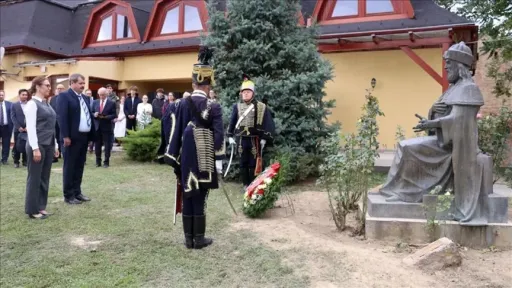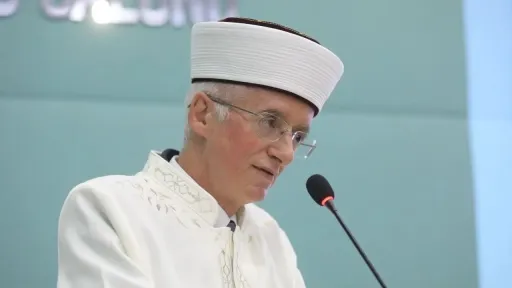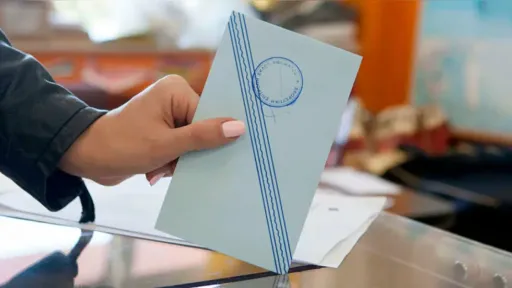New interpretation of Romeo and Juliet aims to improve Turkish-Greek ties

The creators of a new interpretation of the timeless play Romeo and Juliet by William Shakespeare, which has been performed throughout the world for centuries, hope to bridge the gap between the two sides of the Aegean.
The play, being jointly prepared in Athens by the Turkish State Theatres and Greece’s Municipal Theatre of Piraeus, will open in both countries in April.
Speaking to Anadolu, Lefteris Giovanidis, the artistic director of the Theatre of Piraeus, said the House of Capulet would represent Greeks and speak Greek while the House of Montague would represent Turks and speak Turkish.
“We are basically reconstructing a play which has been interpreted many times previously by getting inspired by Turks and Greeks, who have many common points, not only differences,” he said.
Eray Eserol, a senior actor with the Turkish State Theatres in Ankara who is taking part in the endeavor, said the love story between Romeo and Juliet, the children of two rival families, exemplifies how Turks and Greeks feel towards each other.
“Through this play, we also would like to present our modest contribution to Turkish-Greek friendship,” he added.
Kalliopi Chaska, a well-known contemporary young Greek actress who will be playing Juliet, said being part of the play is a very valuable gift.
“Often during rehearsals, we even forget who is Turkish and who is Greek. That shows how close these two nations are,” she noted.
Chaska said she is certain that the project will be remembered for a long time.
"This play and this role of mine are a gift to me. I am happy to be part of this team,” she added.
Alp Unsal, an actor at the Istanbul State Theater who will be playing Romeo, agreed with Chaska.
“Even though the rehearsals have been going on for some six weeks, we feel like we have been part of the same team for six years,” he said.
“We will highlight the common ties and friendship between the two neighboring nations,” he said, adding “this play will convey some nice, some deep and some positive messages to its Greek and Turkish audiences.”
Rula Pateraki, an established Greek actress who is part of the team, said the play will place a special emphasis on the importance and possibility of the co-existence of the two peoples.
Another Turkish actor in the project, Efe Akercan, said that language doesn’t matter because emotions can be understood clearly.
“This is what we also confirmed during our practices here,” he said.
AA







